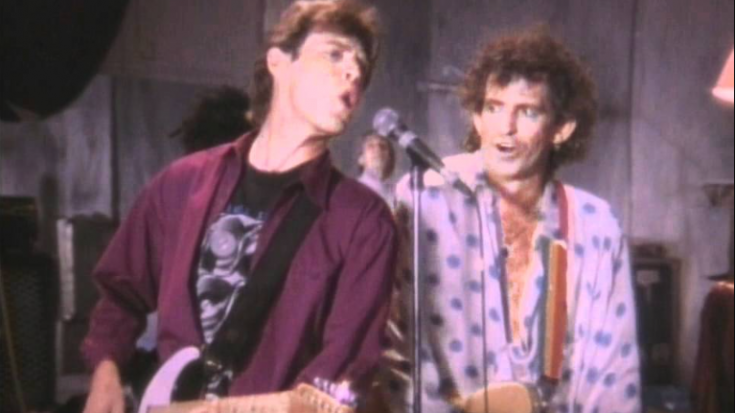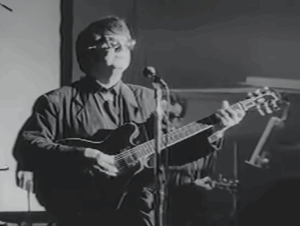Why Rolling Stones’ “Brown Sugar” Got Canceled

via The Rolling Stones / YouTube
Many fans have listened to the Rolling Stones’ classic “Brown Sugar” countless times without realizing its deeper meaning.
One listener shared, “After hearing the record thousands of times, I was unaware that the Rolling Stones’ classic ‘Brown Sugar’ is about enslavement because I can’t understand anything Mick Jagger says in the entire first verse. All I hear is: ‘uh uh uh uh uh uh JUST AROUND MIDNIGHT.’”
But the actual lyrics reveal a much darker story:
“Gold Coast slave ship bound for cotton fields
Sold in the market down in New Orleans
Scarred old slaver knows he’s doing alright
Hear him whip the women just around midnight”
Song was Removed from the Tour Setlist
Recently, fans noticed that “Brown Sugar” wasn’t being played on the Rolling Stones’ current tour, sparking headlines like the New York Post’s “Rolling Stones retire classic rock song ‘Brown Sugar.’” Keith Richards responded with some uncertainty, saying, “We might put it back in.” When pressed by the LA Times, he added, “I don’t know. I’m trying to figure out with the sisters quite where the beef is. Didn’t they understand this was a song about the horrors of slavery? But they’re trying to bury it.”
Understanding the Lyrics and Intent
The song’s chorus portrays a slave master’s disturbing pleasure, making it clear that it’s not a celebration of slavery. Despite its upbeat tempo, the lyrics address serious and painful themes. Richards and the band have always respected the roots of their music, drawing inspiration from black American blues musicians and naming the band after a Muddy Waters album. While some listeners might argue that the song’s lively nature masks its dark message, it has been a staple on radio for decades without significant backlash. The Rolling Stones are known for exploring complex and dark subjects in their music without endorsing them, much like their song “Sympathy for the Devil,” which isn’t a celebration of Satan.
A Shift in Cancel Culture
Interestingly, the push to remove songs like “Brown Sugar” has shifted over time. Originally, the movement to cancel controversial rock songs was driven by right-wing or Christian groups in the Sixties. Today, it appears to be more influenced by left-wing perspectives. This change highlights how societal views on music and morality continue to evolve.
The Rolling Stones’ decision to pause “Brown Sugar” on their tour reflects ongoing conversations about how we interpret and present classic songs in today’s world. While some fans mourn the loss of a beloved track, others appreciate the band’s willingness to address the song’s problematic themes.













